EDITORIAL
Published on 08 Aug 2022
Editorial: Homeostasis and physiological regulation in the aquatic animal during osmotic stress
doi 10.3389/fphys.2022.977185
- 3,449 views
- 5 citations
3,945
Total downloads
21k
Total views and downloads
Select the journal/section where you want your idea to be submitted:
EDITORIAL
Published on 08 Aug 2022
ORIGINAL RESEARCH
Published on 25 May 2022
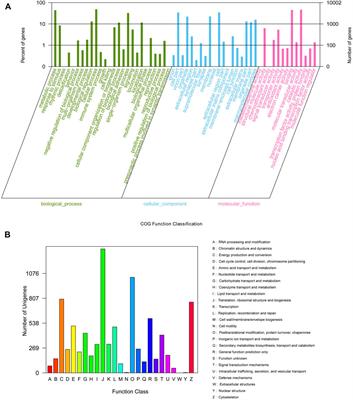
ORIGINAL RESEARCH
Published on 21 Apr 2022
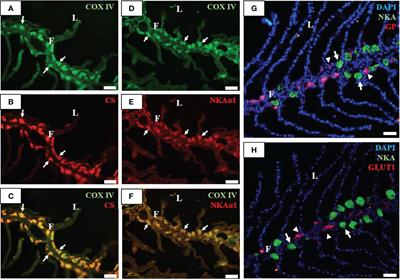
ORIGINAL RESEARCH
Published on 17 Mar 2022
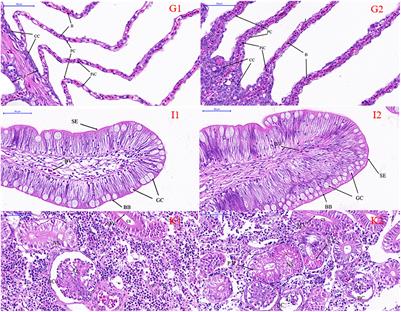
ORIGINAL RESEARCH
Published on 11 Nov 2021
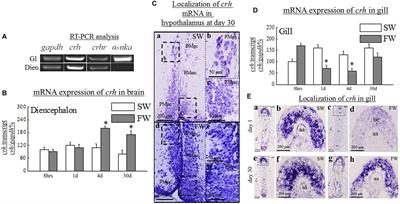
ORIGINAL RESEARCH
Published on 14 Oct 2021
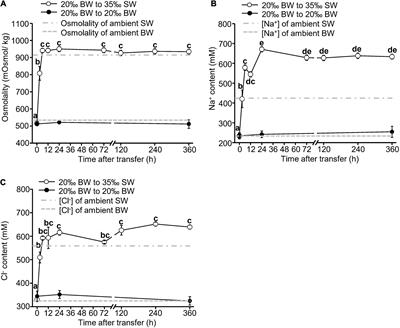
ORIGINAL RESEARCH
Published on 27 Jul 2021
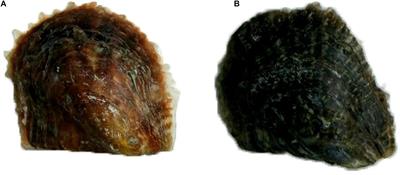

Frontiers in Marine Science